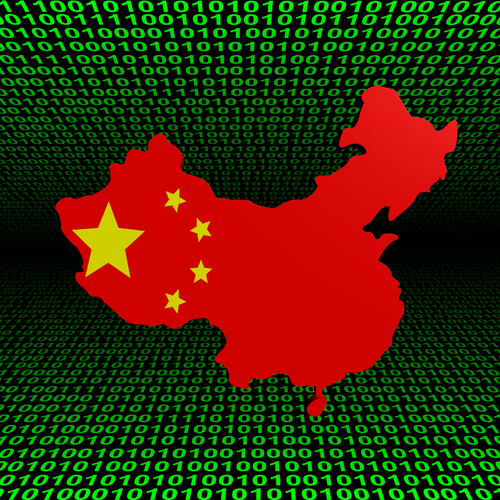Facebook To Identify State-Controlled Media From Russia, China

State-controlled media organisations from Russia, China and other countries will be labelled as such by Facebook from the summer
In the run-up to the US Presidential elections in November, Facebook will start labelling Russian, Chinese and other state-controlled media organisations.
Facebook said on Thursday it will start labeling these organisations from the summer, and will block any ads from such outlets that target US users.
CEO Mark Zuckerberg had faced criticism last year after he controversially decided Facebook would not fact-check political advertising on the platform.
![]()
State-controlled media
But the social networking giant has said this week it wants to “help people better understand who’s behind the news they see on Facebook.”
It said that it had announced a plan a number of months ago to label media outlets that are wholly or partially under the editorial control of their government, and “today we’re starting to apply labels to those state-controlled media outlets. We’re providing greater transparency into these publishers because they combine the influence of a media organisation with the strategic backing of a state, and we believe people should know if the news they read is coming from a publication that may be under the influence of a government.”
It also added to ensure transparency when it comes to paid content from these publishers, it will begin labelling ads from these publishers later this year.
“State-controlled media outlets rarely advertise in the US,” wrote Nathaniel Gleicher, head of cybersecurity policy at Facebook.
“Nevertheless, later this summer we will begin blocking ads from these outlets in the US out of an abundance of caution to provide an extra layer of protection against various types of foreign influence in the public debate ahead of the November 2020 election in the US,” he said.
This means that labels will be applied for example to Russia’s Sputnik, Iran’s Press TV and China’s Xinhua News, among others.
However Facebook said reportedly it would not label any US-based news organisations, as it has realised that even US government-run outlets have editorial independence.
Trump controversy
Facebook faced a lot of pressure over its failure to stop Russian use of its platforms to interfere in the 2016 US presidential election, but has since stepped up its defences.
Mark Zuckerberg meanwhile is also coming under a lot of pressure for not taking action against some of the controversial comments by US President Donald Trump.
On Thursday members of Facebook’s old guard (i.e. its very earliest employees) wrote an open letter in which they protested at Zuckerberg’s decision not to act on controversial posts by Trump.
They branded Zuckerberg’s decision not to act against Trump’s posts as “cowardly” and a “betrayal” of company ideals.
The arrival of the letter comes at a sensitive time for Zuckerberg and his management team, after they had to defend their decision at a tense all-hands meeting this week after staff (including some senior managers) staged a virtual walk-out, and took to social media to rebuke their employer over the matter.